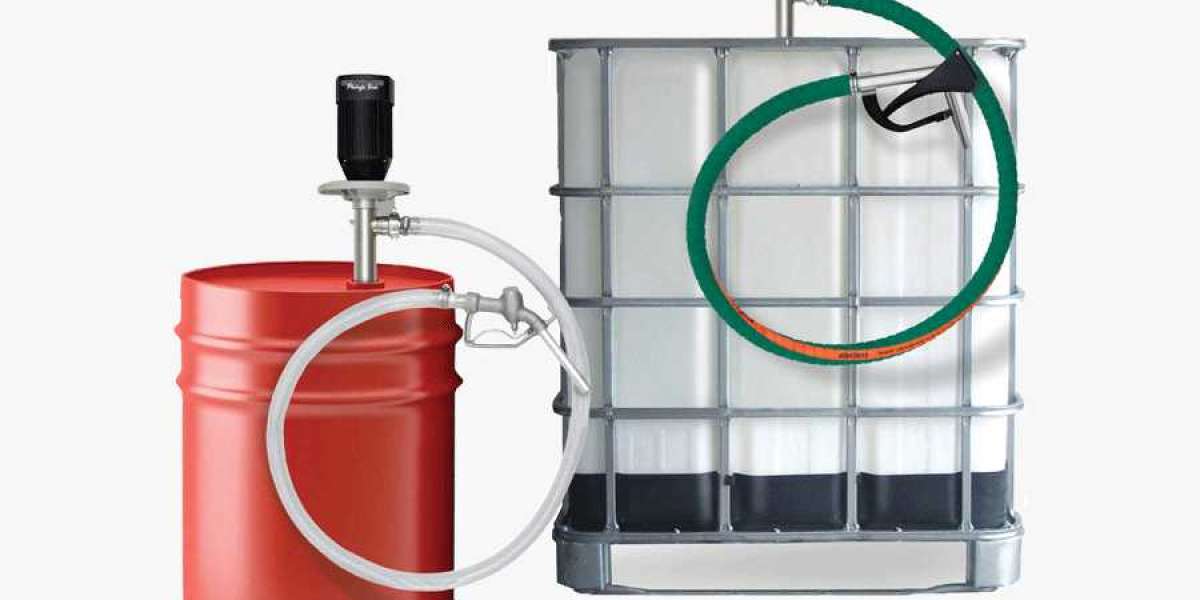In Apache Kafka, data compaction refers to a specific feature and process used to manage and optimize the storage of data within Kafka topics. Kafka is a distributed streaming platform where data is typically published to topics and consumed by various subscribers. Data compaction in Kafka is designed to help maintain the most recent and relevant data while minimizing storage usage.
The primary purpose of data compaction in Kafka is to address the issue of topic log retention and the growth of topic logs over time. In a Kafka topic, data is typically appended to log segments, and these segments can become large as data continues to accumulate. Without compaction, Kafka topics can grow indefinitely, consuming a significant amount of disk space and potentially impacting system performance.
Data compaction in Kafka works by retaining only the most recent version of each message key within a topic. It identifies duplicate keys within the log segments and keeps only the latest message associated with a specific key, discarding older versions. This process helps to reduce storage requirements by eliminating redundant data while ensuring that the most up-to-date information is retained. Apart from it by obtaining Kafka Course, you can advance your career as a Kafka. With this course, you can demonstrate your expertise in the basics of Kafka architecture, configuring Kafka cluster, working with Kafka APIs, performance tuning and, many more fundamental concepts.
Data compaction is particularly useful in scenarios where topics store data that represents the state of entities or records, and updates to those entities are published to the topic. For example, in a topic that logs changes to customer profiles, data compaction ensures that only the latest version of each customer's profile is retained, thus preventing the topic from growing excessively due to historical data.
Kafka's data compaction is achieved through the use of log compaction policies and is configurable on a per-topic basis. Users can define topics with log compaction enabled, specifying how often the compaction process should run and the retention policy for compacted data. Kafka's built-in compaction mechanism helps ensure that the log segments are efficiently maintained over time, balancing the need for data retention with the need for efficient storage usage.
In summary, data compaction in Apache Kafka is a feature that helps manage the storage of data within Kafka topics by retaining only the most recent version of each message key while discarding older versions. It addresses the challenge of topic log retention and storage growth, making Kafka an efficient and scalable platform for handling large volumes of data in real-time streaming applications.








